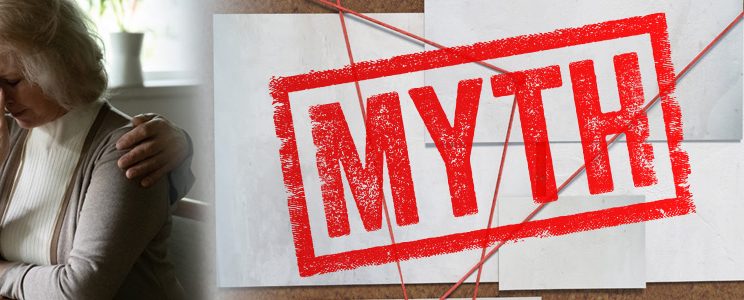Date
December 2023
Overview
The National Institute of Justice (NIJ)—in partnership with its Forensic Technology Center of Excellence (FTCOE) at RTI International and the National Center for Health Statistics, Centers for Disease Control and Prevention (CDC)—convened a virtual Medicolegal Death Investigation Data Exchange Working Group (MDI-Data-WG) beginning in September 2020. This working group was formed to:
- Document the types of data that are commonly exchanged with public health and public safety partners and determine collective usage points for medicolegal death investigations (MDIs);
- Provide recommendations on how to improve the naming process for emerging drugs;
- Guide the drug mapping/classification process; and
- Recommend needed enhancements to the operation of exchanging forensic data with other organizations.
The goal of this whitepaper is to support policies and procedures within an organization, agency training on the importance of information sharing between medicolegal death investigation offices and organ and tissue recovery organizations, and also to disseminate community awareness and collaboration efforts to improve how MDI data are exchanged and modernized. The audience includes practitioners, forensic laboratory and medical examiner/coroner leadership, and any interested entity that contributes to data exchange for death investigations.
On any given day, more than 100,000 people are waiting for organ donation in the United States (U.S.). With the help and lifesaving work of organ and tissue recovery organizations, a single organ donor can save up to eight lives while one tissue donor can improve 75 lives. Many potential donors fall under the jurisdiction of medicolegal death investigation offices; therefore, these offices serve a critical role in organ and tissue donation processes. It is imperative to proactively establish cooperative relationships and information sharing between organ and tissue recovery organizations and medicolegal death investigation offices to ensure the best possible outcome for patients, families, and recovery organizations, and medicolegal death investigation offices. Federal laws and regulations have been enacted for the U.S. organ and tissue donation process.
Related Resources
- Working Group on Data Exchange in Medicolegal Death Investigation
- Comprehensive Needs Assessment for Forensic Laboratories and Medical Examiner and Coroner Offices
- American Association of Tissue Banks | Guide to Medical Examiner & Coroner Cases
- NAME Position Paper | Medical Examiner Release of Organs and Tissues for Transplantation
- Strengthening the Medicolegal-Death-Investigation System: Improving Data Systems
Funding for this Forensic Technology Center of Excellence report was provided by the National Institute of Justice, Office of Justice Programs, U.S. Department of Justice (15PNIJ-21-GK-02192-MUMU). This work was also supported by the Centers for Disease Control and Prevention (Contract Number HHSM500201200008I, Task Order Number 200-2016-F-91567).
The opinions, findings, and conclusions or recommendations expressed in this report are those of the author(s) and do not necessarily reflect those of the U.S. Department of Justice or the Centers for Disease Control and Prevention.
Contact us at ForensicCOE@rti.org with any questions and subscribe to our newsletter for notifications.




